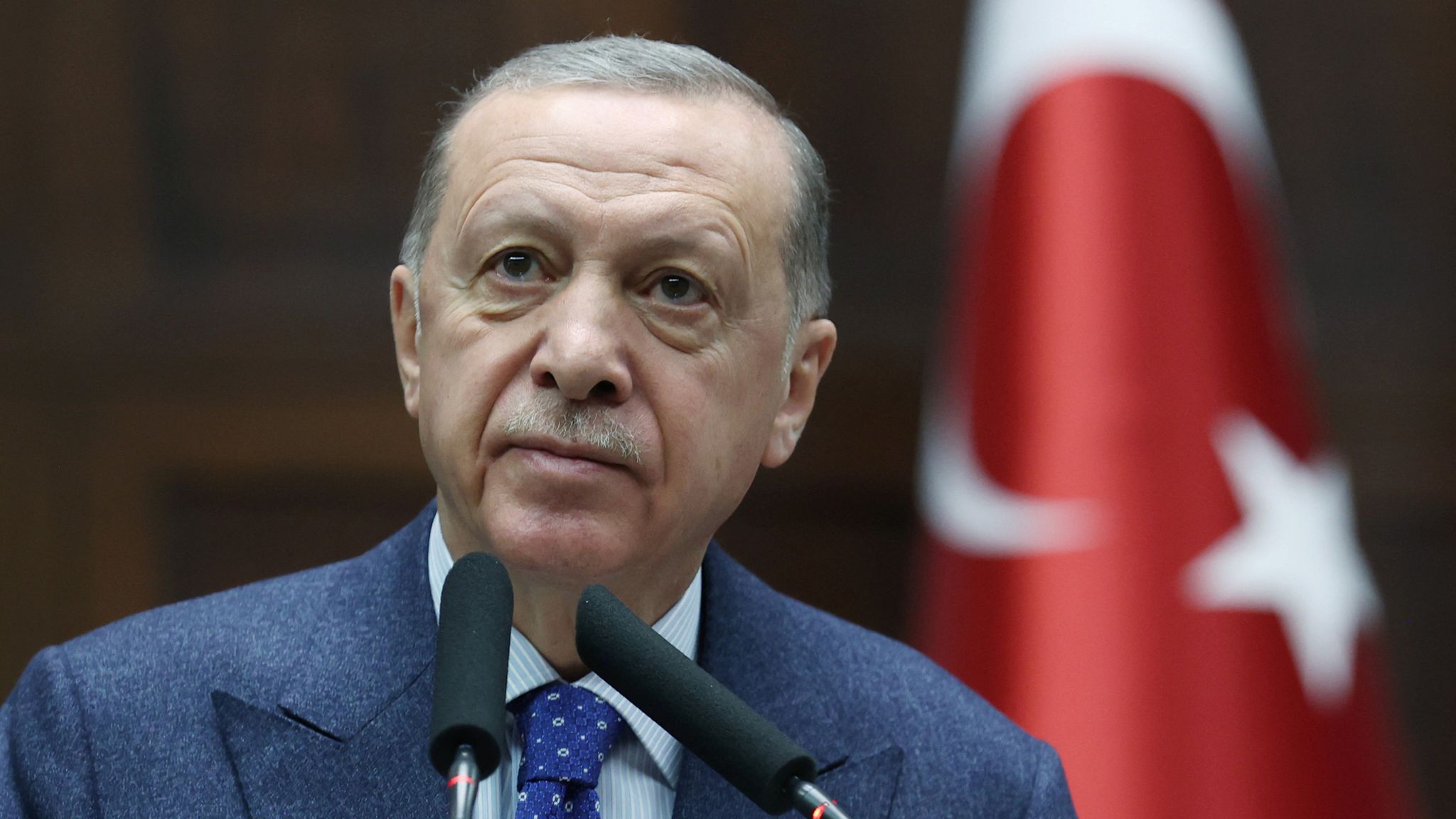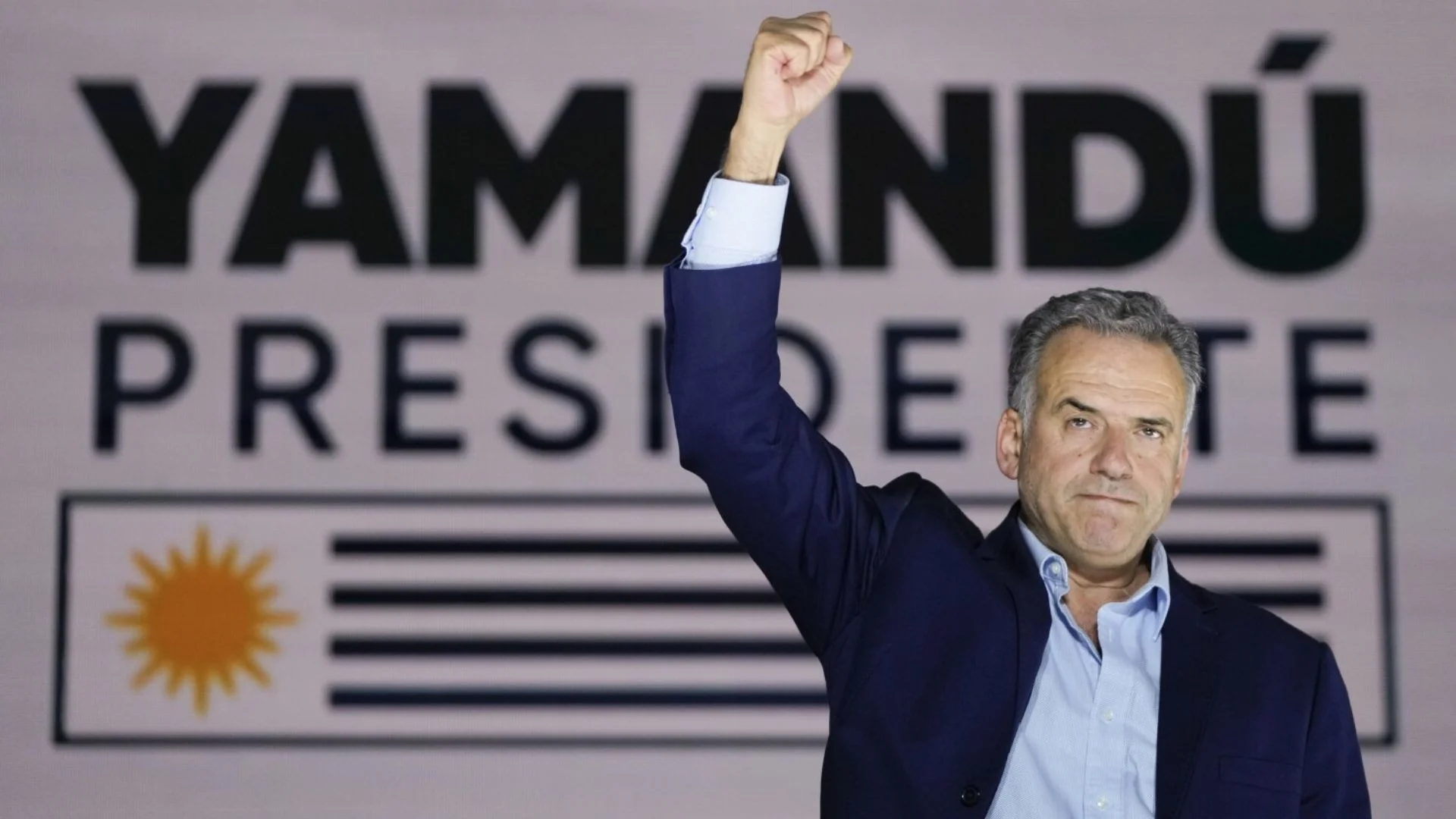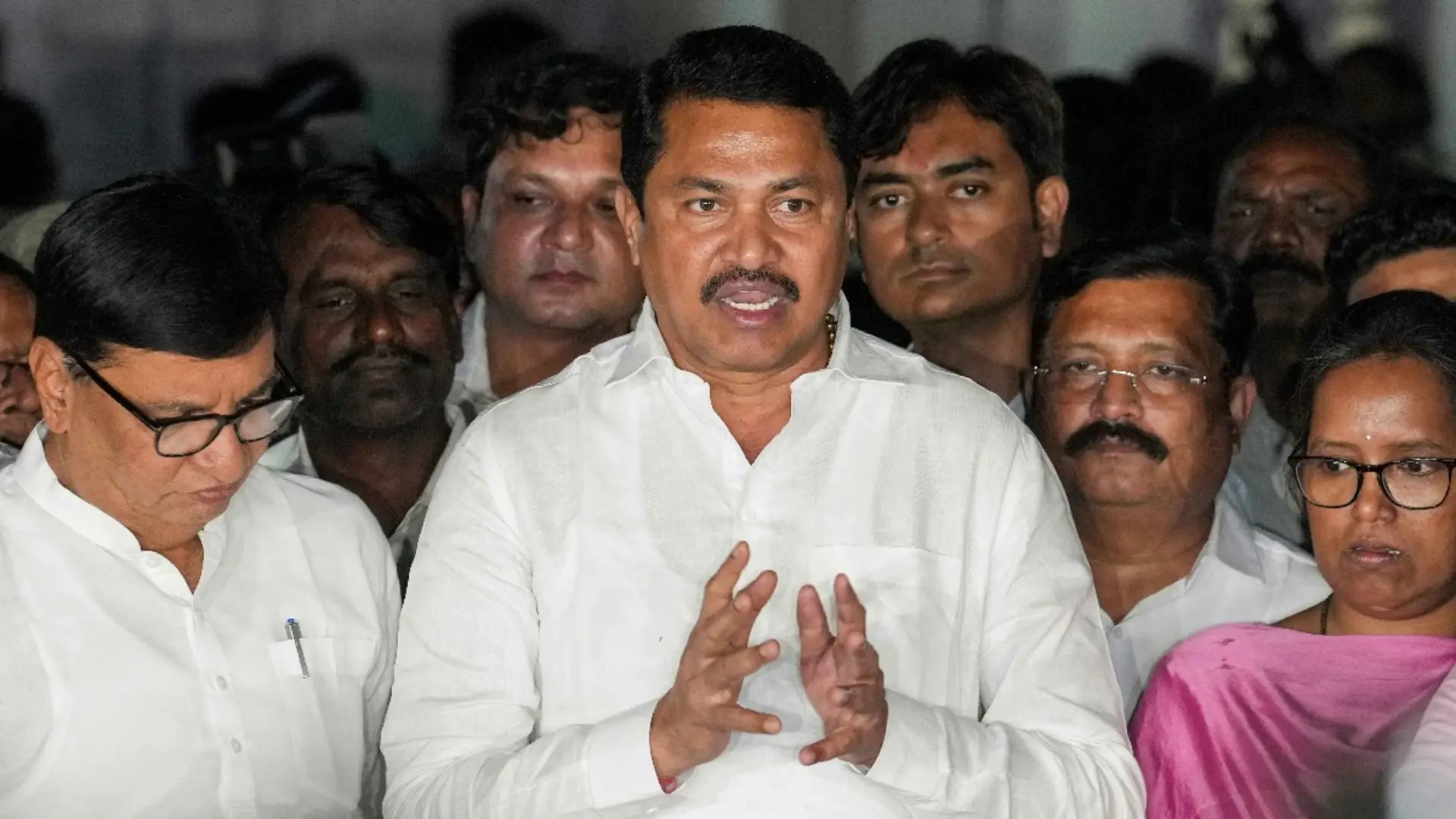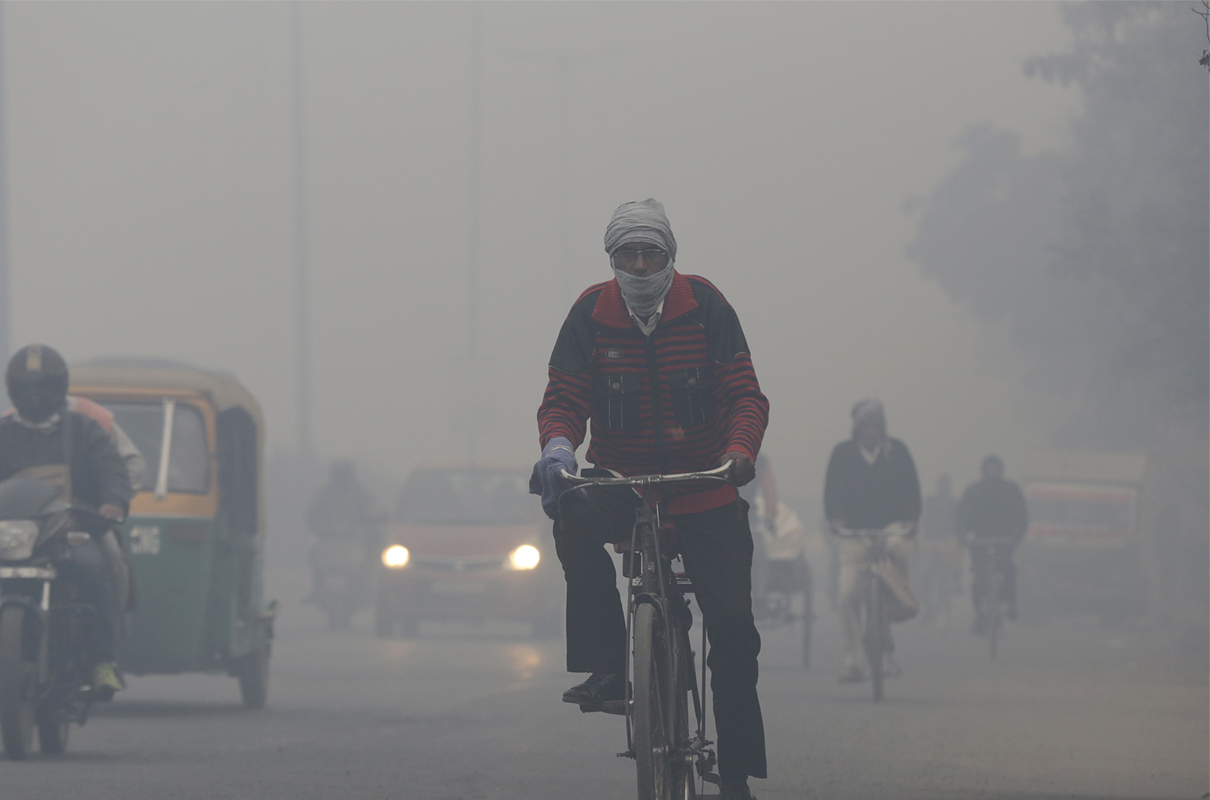
Turkiye President Recep Tayyip Erdogan has remained in power for 20 years by repeatedly surmounting political crises: mass protests, corruption allegations, an attempted military coup and a huge influx of refugees fleeing Syria’s civil war.
Now the Turkish people and economy are being pummeled by sky-high inflation, and many are still recovering from a devastating earthquake in February made worse by the government’s slow response.
Yet Erdogan — a populist with increasingly authoritarian instincts — enters a runoff election Sunday as the strong favourite against opposition leader Kemal Kilicdaroglu after falling just shy of victory in the first round of voting. So, even with a weak hand, what explains his longevity and wide appeal?
Erdogan, 69, has cultivated deep loyalty from conservative and religious supporters by elevating Islamic values
in a country that has been defined by secularism for nearly a century.
He has tightened his grip on power by deploying government resources to his political advantage — lavishly spending on infrastructure to please constituents, and strictly controlling the media to silence criticism.
Already Turkiye’s longest serving leader, Erdogan would stretch his rule into a third decade — until 2028 — if he were to secure a majority of votes in the runoff.He received 49.5 per cent of the votes in the first round — four percentage points ahead of Kilicdaroglu, a social democrat who has led the country’s main opposition party since 2010. And on Monday Erdogan won the endorsement of the far-right candidate who finished in third place, giving him a boost heading into the runoff.
Turkey is a key member of NATO because of its strategic location at the crossroads of Europe and Asia, and it controls the alliance’s second-largest army. Under Erdogan’s rule, Turkey has proven to be an indispensable and, at times, troublesome NATO ally.
The fighting triggered a surge of Syrian refugees that Erdogan has used as leverage against European nations, by threatening to open up Turkiye’s borders and swamp them with migrants. And Turkey now controls large swaths of territory in northern Syria, after a succession of military attacks aimed at Kurdish groups there affiliated with rebels that Turkiye has outlawed.Erdogan has boasted about Turkiye’s military-industrial sector on the campaign trail citing homemade drones, aircraft and a warship touted as the world’s first “drone carrier” — and the message appeared to resonate with voters on May 14, analysts say. The biggest threat Erdogan faces at the moment is the economy. His primary method of attacking families’ diminishing purchasing power has been to unleash government spending, which — along with lowering interest rates — only makes inflation worse, according to economists.















